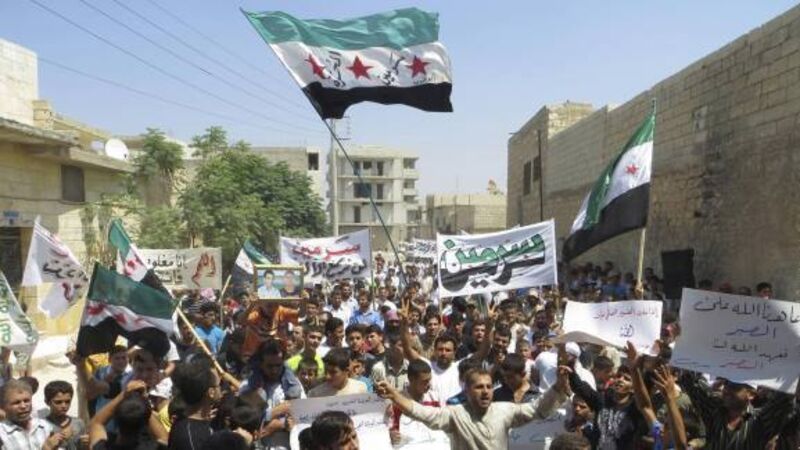France warns of 'force' over Syria

France’s foreign minister says the international community may have to use force if it is proven that Syria used chemical weapons in an attack the opposition says killed more than 100 people.
Laurent Fabius spoke a day after the UN Security Council called for “a thorough, impartial and prompt investigation” of the latest allegations against the regime, in a statement that diplomats say was watered down by objections from Syria allies Russia and China.














